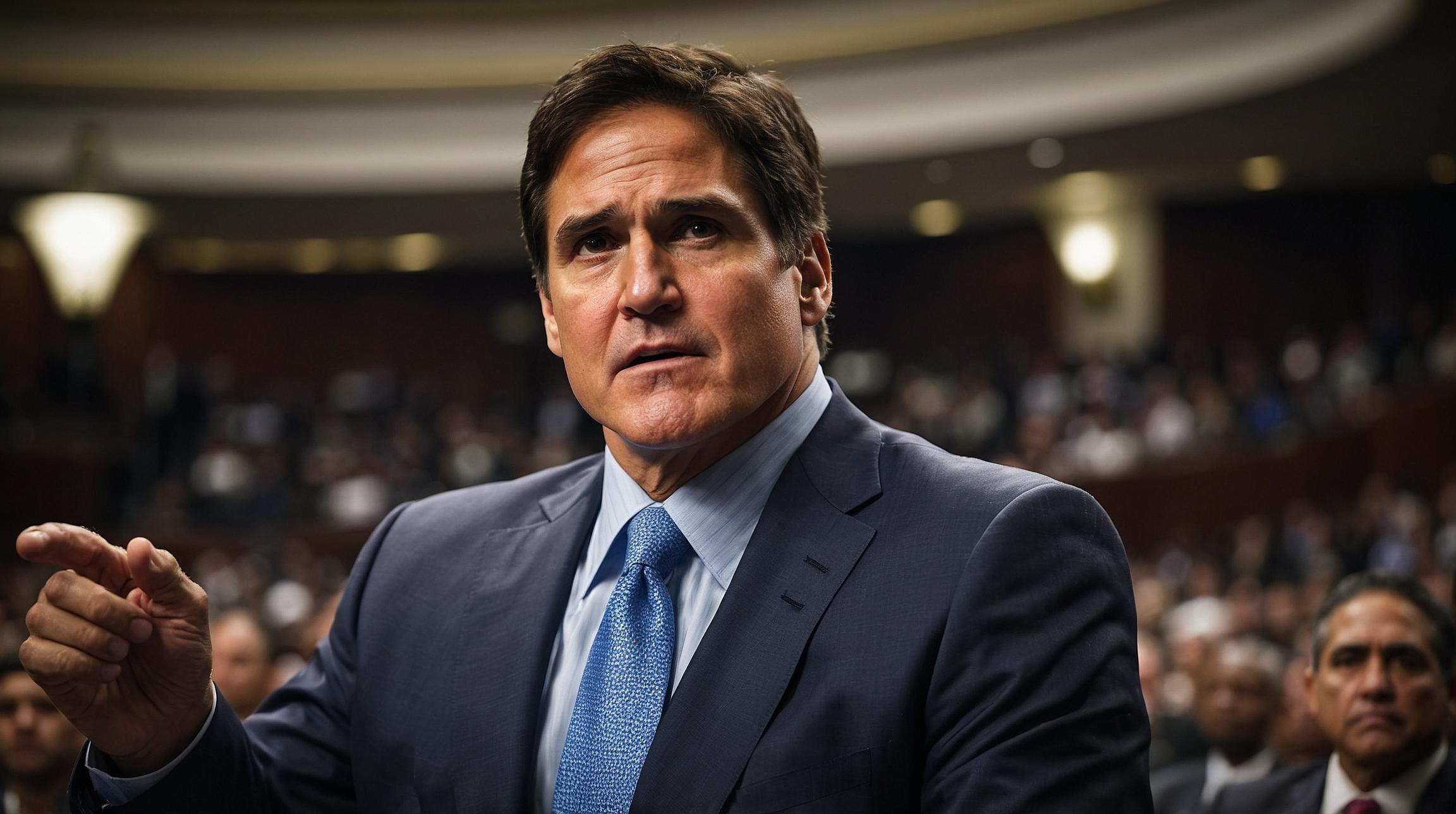Mark Cuban Criticizes SEC Chair Over Crypto Regulation
Billionaire investor and television personality Mark Cuban recently expressed strong criticism of SEC Chair Gary Gensler following a congressional hearing where Gensler was questioned about his regulatory approach towards cryptocurrencies. Cuban described Gensler as a "blight" on the technology community, suggesting that his departure could positively impact U.S. GDP growth.
Context of the Criticism
During a House Financial Services Committee hearing, Rep. Ritchie Torres (D-N.Y.) questioned Gensler about the difference between purchasing a baseball game ticket and buying a non-fungible token (NFT). Gensler's lack of a clear response highlighted ongoing uncertainties about how federal securities laws apply to digital assets.
Cuban's Concerns
Cuban has long criticized Gensler, accusing him of pursuing regulation through litigation — a practice where enforcement actions are used to set regulatory precedents, rather than through clear rulemaking. Cuban's comments align with views expressed by the Kamala Harris campaign, which also opposes this regulatory strategy.
The Importance of Clear Cryptocurrency Regulations
Critics, including Cuban, argue that the SEC's approach under Gensler has created a challenging environment for cryptocurrency innovation. The agency's usage of terms like "digital asset security" has been questioned by stakeholders who believe these terms were invented without proper legislative backing.
Broader Implications
SEC Commissioner Hester Peirce, known for her pro-cryptocurrency stance, has acknowledged the potential harm of the agency's current strategy to its institutional integrity. This ongoing debate emphasizes the need for more precise regulations that support the growth of decentralized finance (DeFi) and other digital asset technologies, while protecting consumers.
In conclusion, Cuban's remarks add to the chorus of voices calling for clearer, more constructive cryptocurrency regulations. Blockchain technology and digital assets continue to evolve, and effective oversight may help encourage innovation and economic growth.













